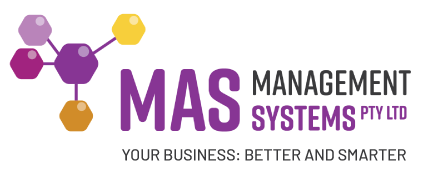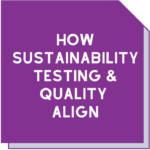Happy World Metrology Day!
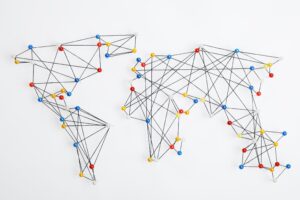
Not even a pandemic can keep me from writing about World Metrology Day! The theme for 2020 is Measurements for Global Trade. There are multiple global trade agreements that underpin good measurement. Measurements are critical in ensuring products are fit for purpose. And this includes protecting healthcare workers and the general population from the ‘invisible enemy’ of COVID 19.
Unprecedented times call for an unprecedented article, starring COVID-19. Let’s look at some of the measurements supporting our global efforts to manage our lives right now.
Personal Protective Equipment (PPE)
Personal Protective Equipment (PPE) is manufactured in one economy and then sold to another. You might have read about some PPE that was sold to the UK NHS from Turkey. The UK was provided with 67,000 gowns. The NHS system rejected 2,400 of them. In Australia, there have been media reports concerning the rejection of face masks.
Compliance against specifications are confirmed by national or international standards. This testing includes viral penetration, spray impact and tensile tests.
Hand sanitiser
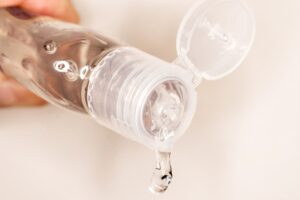
We were urged to wash and sanitise our hands during the ‘toilet paper wars’ (was that really only a month ago??). As a result, there was a growing shortage of hand sanitiser.
Alcohol-based and alcohol-free and the two main types of hand sanitisers available. Alcohol-based hand sanitisers contain varying amounts of alcohol, often between 60% and 95%. They usually include isopropyl alcohol, ethanol (ethyl alcohol), or n-propanol. Hand sanitisers with less than 60% alcohol are less effective as an anti-microbial agent. These may only reduce the growth of germs rather than killing them outright, so you want to be sure you have the right amount of alcohol!
You can test the strength (proof) of alcohol by simple techniques, such as using hydrometers or near-infrared spectrometers. These measurements are important for hand sanitisers. But they are vital for trade purposes, as many jurisdictions apply taxes based on the alcohol proof in beverages.
Interestingly, with 70% of Australian households reporting that their alcohol consumption has increased since the COVID-19 outbreak, there’s clearly a lot more alcohol being tested!
Test kits
You might have heard that, for a time, Australia was running short on COVID-19 test kits, reagents and swabs. I almost choked on my cup of tea when I heard Minister Richard Colebeck deliver the grim news on Q&A that we were “running out of chemicals for testing” (for COVID-19). How could an advanced economy like Australia not have enough chemical manufacturers at times like these? Simple. Colebeck was referring to primers.
The PCR testing process uses primers. PCR was, and still is, the primary technique used in the identification of the virus. The fact is, many components of test kits and materials in health laboratories come from overseas.
Australian laboratories rely on very high-quality materials to perform our tests and deliver reliable and accurate results. Without measurements at the supplier end, trade in these materials could not occur because of the regulations for medical device importation of items such as test kits.
Equally concerning are reports that $19 million spent on ‘meaningless’ Australian coronavirus antibody tests. The Therapeutic Goods Administration has now announced a review of the kits and called on all 29 suppliers to ‘verify their ability to detect antibodies to COVID-19, taking into consideration the time frames for an individual to develop detectable levels of antibody’. Fortunately, the kits are not in general community circulation. You can read updates on the TGA website.
Measurements to ensure these things get to us safely
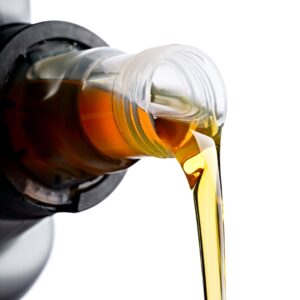
Of course, the imported PPE and test kits don’t swim here from overseas. Ships and planes (yes, they’re still up there!) transport the goods here. Freight vehicles then distribute products locally.
The fuels used in those vehicles are all tested by chemical and microbiological testing laboratories to ensure that the required standards for these materials are met.
Lubricant materials maintain the mechanical components. Companies such as the recently accredited laboratory at Techenomics, provide analytical capabilities to ensure things run smoothly in the engines. This is a vital system ensuring transportation is unhindered because of the quality of energy used by these modes of transport and the maintenance of the engines.
Not only are measurements vital for global trade, but they’re also essential in underpinning our health and safety in the face of a pandemic.
At MAS Management Systems, we have many clients whose role in measurements supports global trade ranging from consumer goods, medical devices, lighting, agricultural commodities, and pesticides.
Are you in a lab making measurements for trade purposes? Drop us a line and share your story!
